By Maïa de La Baume & Eleonora Vasques
The EU institutions have been on hold since the European elections in June. The EU executive was supposed to be up and running on December 1st, but a clash among political groups might delay the start.
Doubts are growing over whether the European Parliament be able to approve the new European Commission, the EU's arm executive, on 27 November as planned.
On Wednesday, the European People's Party (EPP), set to secure the most European commissioners, threatened to block the appointment of Spain's Teresa Ribera.
They demanded the competition commissioner designate explain in a Spanish court why her government failed to anticipate floods in Spain that resulted in over 200 deaths and called for her resignation if she is found responsible.
In response, socialists and liberals stated they would not support the Italian candidate Rafaele Fitto, a member of Giorgia Meloni's party, or Hungarian candidate Oliver Varhelyi, due to their far-right affiliations and controversial stances.
The political deadlock has prompted EU executive President Ursula von der Leyen to intervene, urging party leaders to reach an agreement before next week's Parliament plenary session.
Today Radio Schuman analyses the situation together with Euronews' Gerardo Fortuna.
We also take a quick look at the agenda today, with the so-called 'Pfizer gate' hearing at the European Court of Justice in Luxembourg and EU ministers in Brussels set to make important decisions on the 2025 annual EU budget.
On the last part of the show, Radio Schuman looks at how high-speed battery powered trains will change European rail travel.
Radio Schuman is hosted and produced by Maïa de la Baume, with journalist and production assistant Eleonora Vasques, audio editing by Zacharia Vigneron and Georgios Leivaditis. Music by Alexandre Jas.

 5 months ago
40
5 months ago
40
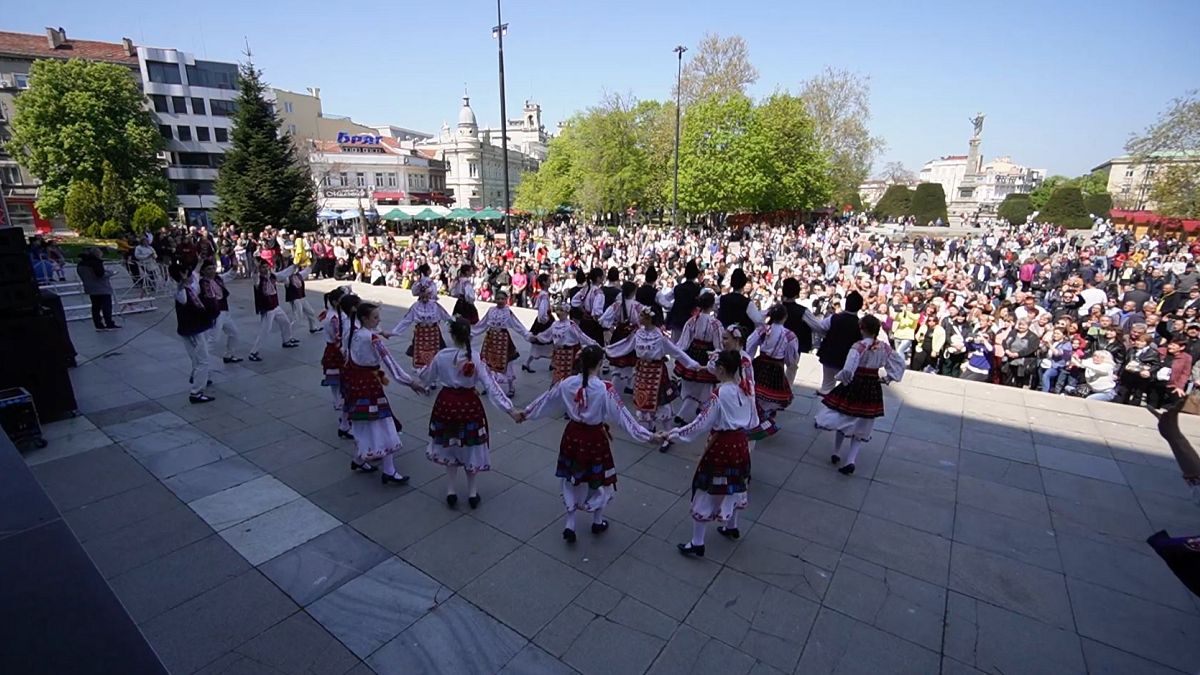
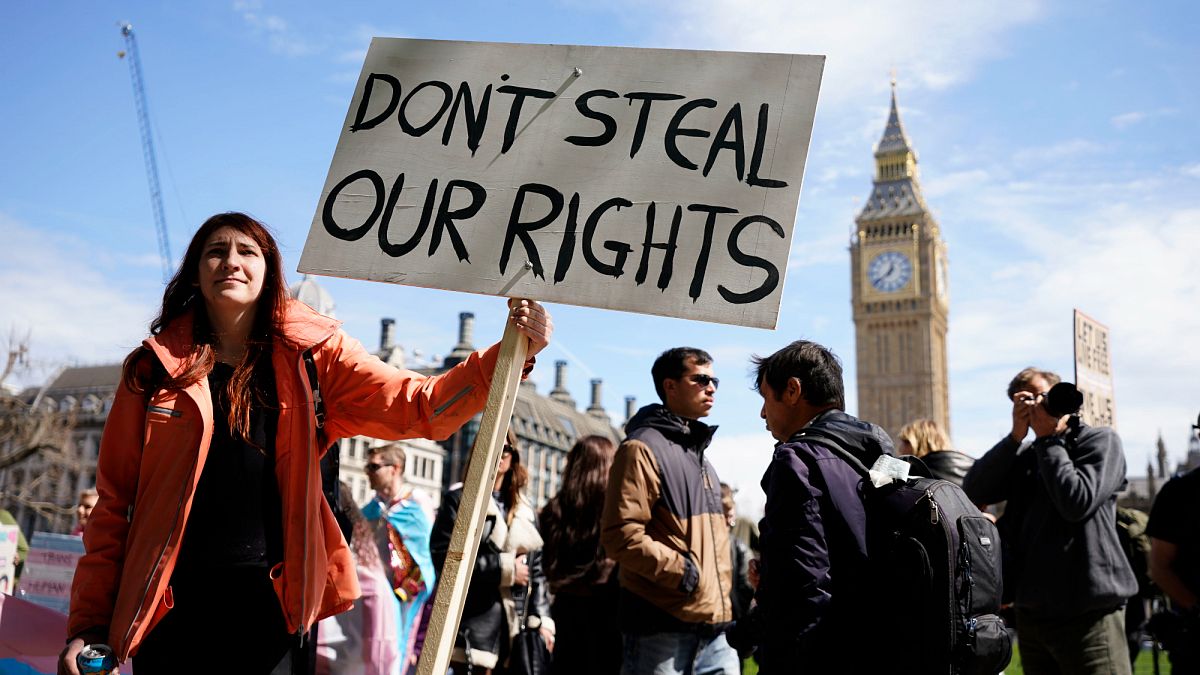
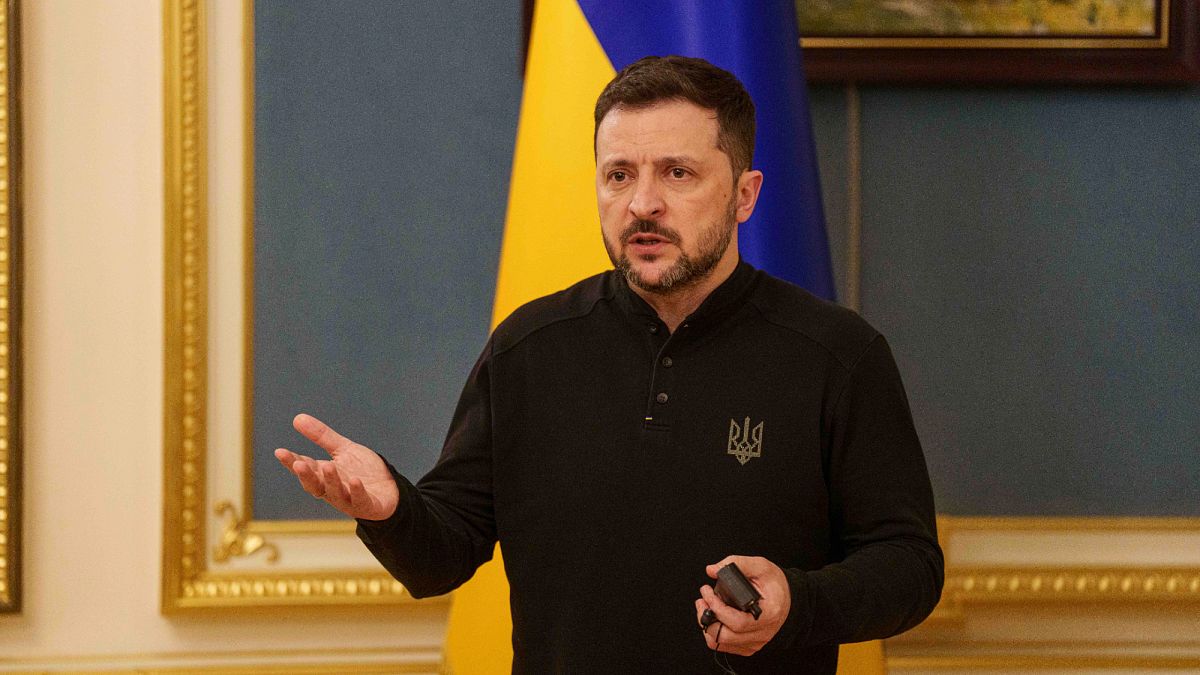
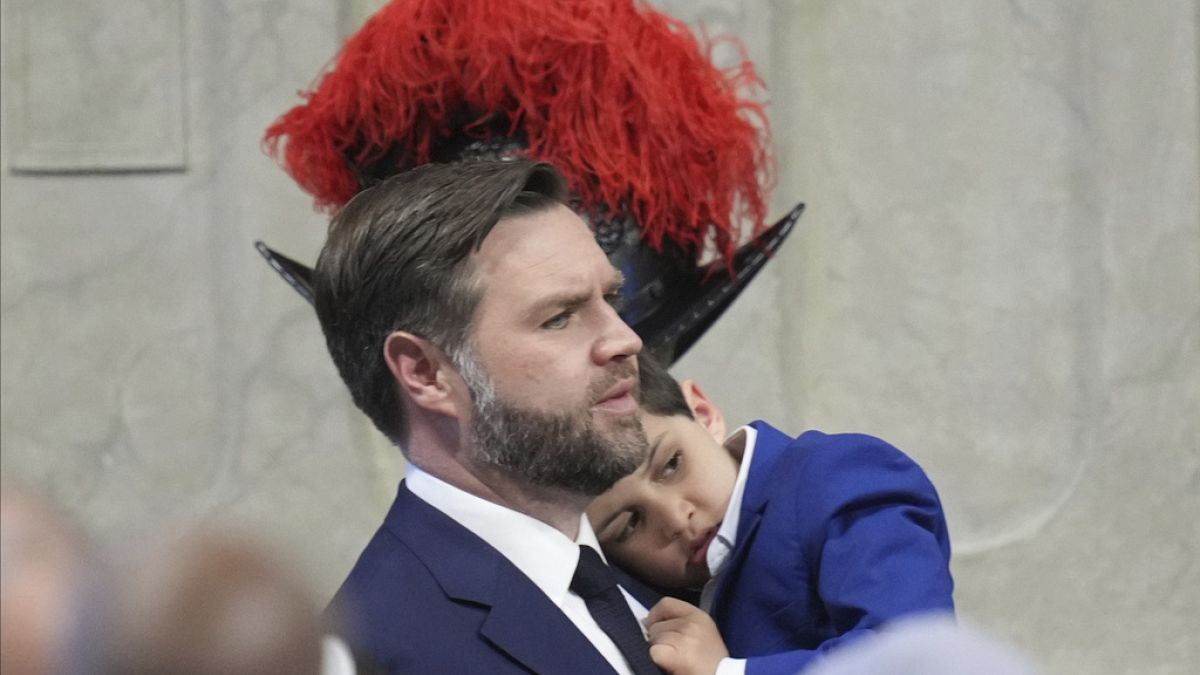

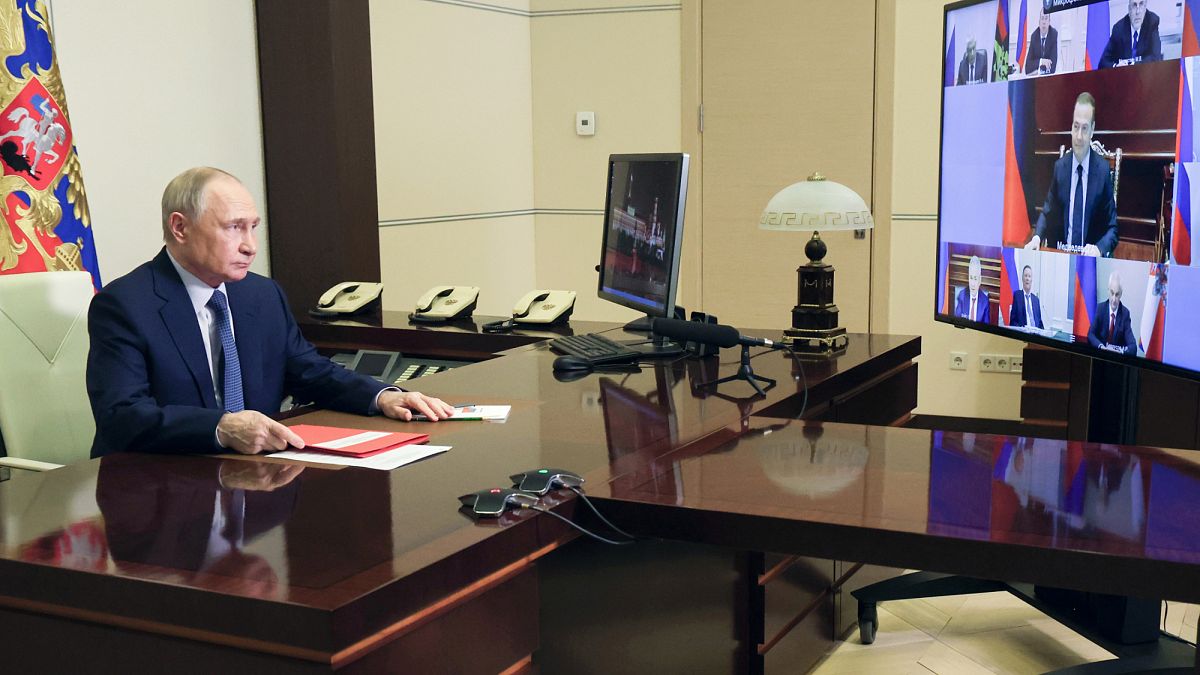
 We deliver critical software at unparalleled value and speed to help your business thrive
We deliver critical software at unparalleled value and speed to help your business thrive






 English (US) ·
English (US) ·